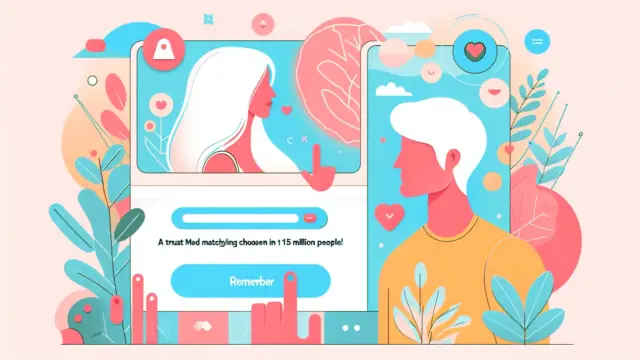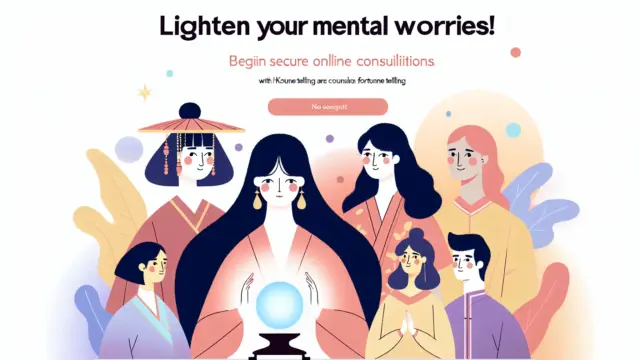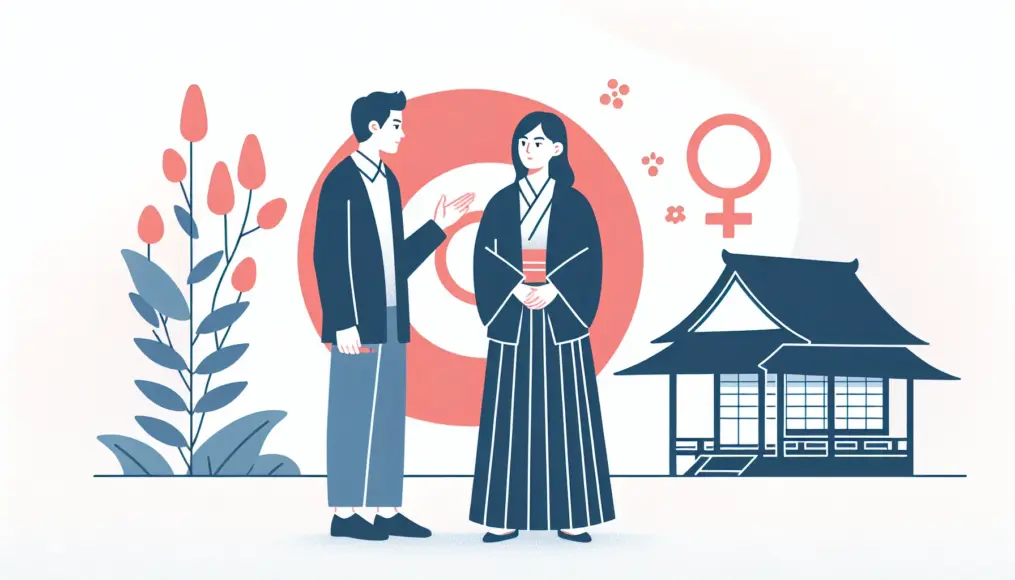Have you ever found yourself feeling more affectionate after having a few drinks? There’s a fascinating psychological secret hidden deep within our minds that explains this behavior. Alcohol can make us feel liberated, allowing us to express thoughts and emotions that we might normally keep to ourselves. This phenomenon is driven by psychological mechanisms that significantly impact our feelings and relationships.
In this article, we’ll delve into how alcohol affects our minds and explore the reasons behind our desire for closeness when we’re tipsy. Together, we’ll examine the emotional shifts that happen when we drink, how these behaviors can reshape our relationships, and how we can harness this understanding for better mental health.
- Discover the psychological effects of drinking
- Explore the reasons behind our craving for affection
- Learn how to use intoxication for mental well-being
The Psychology Behind Drinking and Seeking Comfort
Understanding how alcohol affects our psychology and its connection to our desire for comfort is crucial for navigating relationships and romance. When we drink, the barriers we usually maintain begin to dissolve, revealing emotions that we often keep hidden. In these moments, the urge to seek comfort can become particularly strong. Let’s delve into the psychological effects of drinking and explore why we may feel more inclined to lean on others.
The Psychological Effects of Drinking
How does our brain change when we drink? When alcohol enters our system, it can produce a relaxing effect, alleviating stress and tension. As a result, even those who are typically reserved may find it easier to feel at ease. Additionally, being intoxicated can alter our self-perception, allowing us to express ourselves with newfound confidence. This shift makes it easier to voice thoughts and feelings that we might otherwise keep to ourselves, including the desire for comfort.
Moreover, drinking tends to liberate our emotions. Particularly, the need for affection and intimacy can intensify, making us more likely to seek comfort from others. Alcohol often serves as a social lubricant, breaking down mental barriers and drawing us closer to those around us.
- The relaxing effects of alcohol
- Increased confidence in self-expression
- Emotional release that fuels the desire for comfort
Reasons We Want to Seek Comfort
The desire for comfort becomes especially pronounced when we’re drinking. This is largely due to the way alcohol opens us up emotionally and heightens our instinctual need for connection with others. We often find ourselves wanting to lean on those we are close to, feeling a strong urge to be vulnerable. Alcohol can enable us to interact more casually with those we’d typically tread carefully around.
Furthermore, seeking comfort can deepen our bonds with others, making it a natural progression when we’re under the influence. This desire stems from a psychological need for a safe space—a comforting presence that we all crave at times. Everyone experiences moments when they simply want to let their guard down and be a little vulnerable.
- Emotional openness when intoxicated
- Increased desire to seek comfort with close friends
- Comfort-seeking as a way to strengthen connections
The Psychological Mechanisms Behind Getting Drunk
Consuming alcohol triggers a variety of changes in both our mind and body. Let’s explore how being intoxicated affects our brains and the psychological mechanisms that lead to feelings of wanting to be coddled. In this section, we’ll delve into the changes occurring in the brain when we drink and the underlying mechanisms that facilitate emotional release.
Changes in the Brain
When alcohol enters our system, it alters the levels of neurotransmitters in the brain. Notably, substances like dopamine and serotonin, which contribute to feelings of happiness, increase, leading to an elevated mood. In this state, self-esteem tends to improve, and communication with others becomes smoother. Concerns that usually preoccupy us fade away, fostering a sense of freedom in thought and making it easier to open up emotionally.
Moreover, during intoxication, the prefrontal cortex of the brain is suppressed, dulling our reasoning and judgment. As a result, emotions and feelings of vulnerability that we typically keep in check become more pronounced. These neurological changes form the backdrop of our desire to seek comfort when we’re drunk.
- Alcohol increases neurotransmitters that promote happiness
- Self-esteem rises, leading to smoother communication
- Suppression of the prefrontal cortex makes it easier to express emotions
Emotional Release and Self-Defense
While drinking can lead to a release of emotions, it also triggers mechanisms of self-defense. Feelings and anxieties that we usually suppress are more likely to surface with the assistance of alcohol. The urge to be coddled intensifies during these moments, stemming from an instinctual desire for a safe emotional refuge.
Additionally, intoxication often heightens our need for connection with others. Seeking comfort can help bridge emotional distances, making this behavior during drunkenness a natural way to strengthen bonds with those around us. Thus, the balance between emotional release and self-defense influences the desire to seek comfort when under the influence.
If you found this article intriguing, you might also enjoy this piece: “What Makes a Woman Want to Meet? Understanding the Psychology Behind It.” This article explores the psychological aspects that make women feel a desire to connect, offering specific approaches and psychological backgrounds to deepen your understanding.
- Emotions are released, leading to an instinctual desire for comfort
- There is a stronger tendency to seek connections with others
- Seeking comfort becomes a means to bridge emotional distances
The Role of Dependence in Human Relationships
The playful behavior often seen when people are drunk can significantly impact our relationships. Alcohol tends to loosen our inhibitions, making it easier to express our true feelings and altering our communication style. In this section, we’ll explore how this behavior can change the way we interact with others and its effect on bridging emotional distances.
Changes in Communication Brought About by Dependence
When we drink, we often find ourselves interacting more openly, even with those we usually tread lightly around. This playful dependency can not only shorten the emotional distance but also facilitate smoother communication. With the help of alcohol, we’re able to share our genuine emotions and opinions, deepening our understanding of one another.
In particular, conversations tend to become lighter and more humorous when we’re under the influence, creating a relaxed atmosphere. In this state, we might find ourselves discussing things we wouldn’t normally bring up, which often strengthens our trust in one another. These moments of connection, fostered through playful dependence, can deepen our emotional bonds.
- Alcohol fosters more casual communication
- Sharing genuine feelings enhances understanding
- Opportunities to strengthen trust increase
The Effect of Bridging Emotional Distances
Playful behaviors can serve as a vital means of reducing emotional distances. When intoxicated, we may reveal a more innocent side of ourselves, exposing aspects we usually keep hidden. This vulnerability can provide a sense of comfort to others, fostering a more intimate relationship.
Additionally, showing a dependent side can help establish a mutually supportive dynamic. This kind of relationship is especially crucial in romantic contexts, as it serves to deepen the connection between partners. The playful behaviors that emerge through drinking can become a powerful tool for bridging emotional gaps.
For those intrigued by how playful dependence affects human relationships, we recommend checking out the related article “Understanding and Empathy: Communicating Menstrual Issues to Men.” This piece delves into the importance of understanding and empathy in communication, offering insights into how playful behaviors can transform relationships.
- Playful dependence serves to bridge emotional distances
- Revealing an innocent side fosters comfort
- It paves the way for supportive relationships
Utilizing Tipsy Moments for Mental Well-being
Sometimes, getting a little tipsy can be an effective way to take care of your mental health. When you indulge in a drink, it can help open up your heart, allowing emotions that are usually kept at bay to flow freely. By harnessing this experience wisely, you can alleviate stress and maintain a healthier state of mind. In this section, we’ll explore methods to open your heart and discover how to relieve stress through the combination of intoxication and vulnerability.
Opening Your Heart
To truly open up, it’s essential to create a relaxed environment. Enjoying drinks with friends or trusted individuals can naturally lead to a more open heart. During these moments, the influence of alcohol can encourage the sharing of worries and feelings that might typically remain unspoken. As the barriers come down, you might find it easier to express your genuine emotions.
Additionally, being a bit tipsy can present a great opportunity to deepen trust in your relationships. When you allow yourself to be vulnerable with one another, it fosters a sense of security and promotes more profound communication. This openness can significantly contribute to reducing stress.
- Creating a relaxed environment is key
- Enjoy drinks with trusted friends
- Vulnerability in a tipsy state can strengthen relationships
Stress Relief Through Intoxication and Vulnerability
The sense of liberation that comes with a little intoxication is incredibly effective for relieving stress. Drinking can help lighten the emotional load and stress that accumulates in daily life. Especially when tipsy, you’re likely to feel more positive and less burdened by stress.
Moreover, allowing yourself to be vulnerable doesn’t just strengthen bonds with others; it also has a healing effect on your own heart. If you can connect with others through shared vulnerability while tipsy, you may find a sense of stability that helps ease your stress. Thus, leveraging both intoxication and vulnerability can serve as a means of nurturing your mental well-being.
If you’re interested in learning more about ways to lighten your heart, check out this article: “10 Steps to Lighten Your Heart When You’re Struggling with Unrequited Love”. It provides practical steps to understand the pain of unrequited love and lighten your emotional load, so be sure to take a look!
- Drinking can alleviate stress
- Helps foster a positive mindset
- Vulnerability can lead to emotional stability
Summary
The psychology behind intoxication and the desire to lean on others involves various factors deeply rooted in our minds. When we drink, our hearts open up, allowing emotions that are usually hard to express to flow freely. This creates smoother communication with others. In particular, the feeling of wanting to be cared for plays a crucial role in bridging emotional distances and strengthening trust in relationships.
Moreover, we can use intoxication as a means of emotional self-care. In a relaxed atmosphere, leaning on others can help alleviate stress and foster a sense of mental stability. Thus, both intoxication and the inclination to seek support significantly impact our relationships and mental well-being.
- Intoxication opens the heart and facilitates communication.
- Seeking support is a vital behavior that deepens trust.
- Using intoxication can help reduce stress and offer emotional care.
By understanding the psychology of intoxication and seeking support, we can cultivate better relationships. We’d love to hear your experiences and thoughts, so please share them in the comments!









Comment